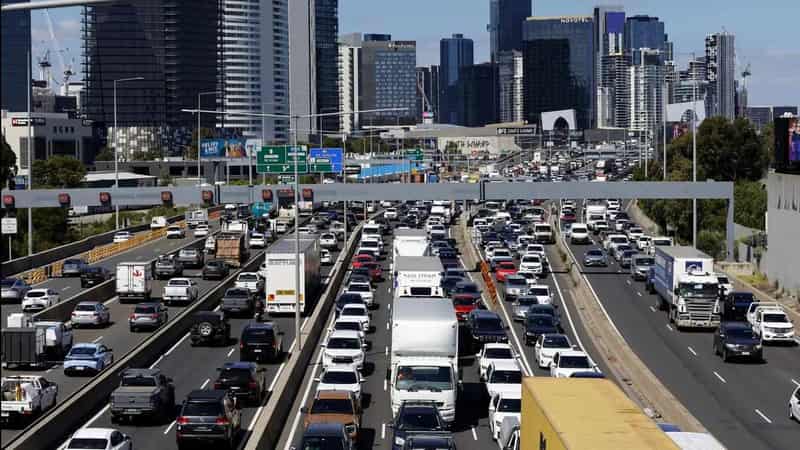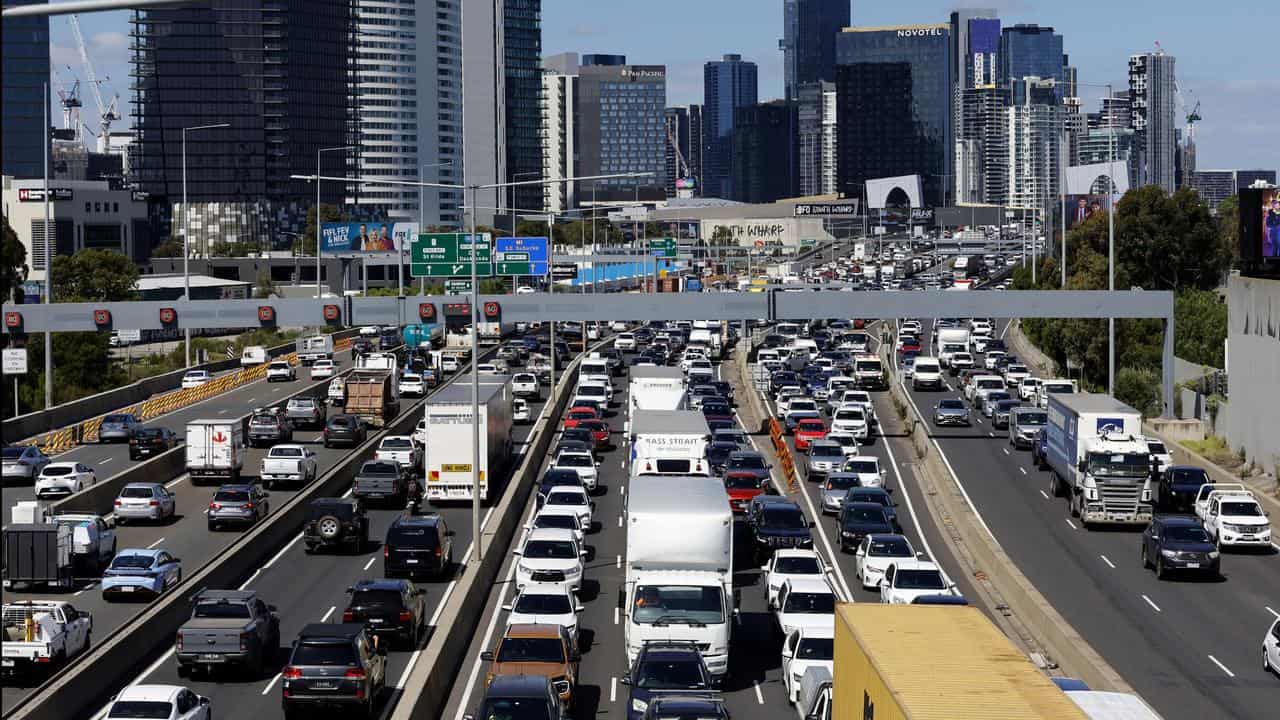
What was claimed
The cities of Auckland, Sydney and Melbourne have signed a pledge compelling them to ban meat and private cars.
Our verdict
False. A 2019 report that sets out “ambitious targets” to reduce global emissions does not oblige the cities to meet them.
AAP FACTCHECK – Sydney, Melbourne and Auckland are among almost 100 cities around the world that have pledged – and are now compelled – to ban meat, dairy and private car ownership by 2030, according to claims on social media.
This is false. A 2019 report by a network called C40 Cities lists “ambitious targets” that could reduce consumption, and therefore emissions, by 2030, but no member cities are obliged to meet the targets.
Claims are circulating on social media, including one Facebook post that reads: “14 American cities have signed a World Economic Forum pledge that compels them to ban meat, dairy and private car ownership (among other things) by the year 2030. These cities are part of a rapidly expanding coalition called the ‘C40 Climate Leadership Group’.”
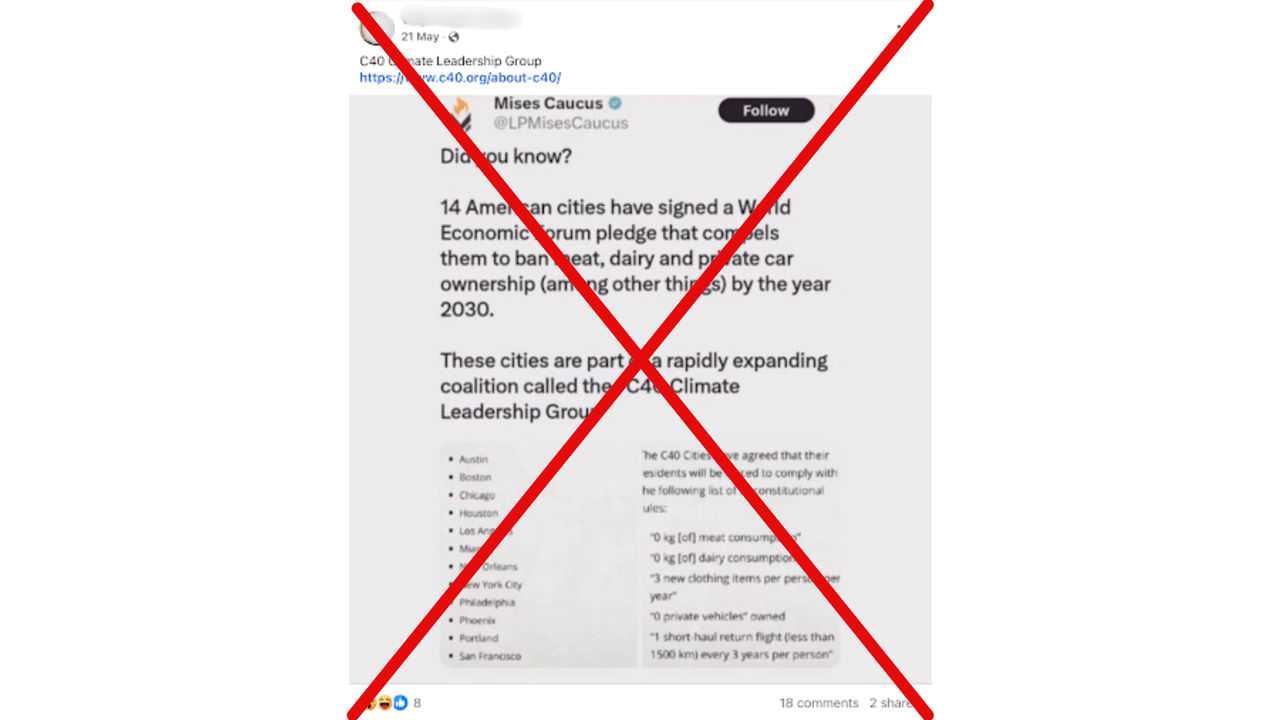
A screenshot shared in the post says the C40 Cities have agreed their residents will be “forced to comply” with a list of “unconstitutional rules”.
According to its website, C40 Cities is a “global network of nearly 100 mayors of the world’s leading cities … united in action to confront the climate crisis”.
Those cities include Auckland, Melbourne and Sydney, and the respective mayors Wayne Brown, Nicholas Reece and Clover Moore.
In 2019, C40 Cities released a report titled “The Future of Urban Consumption in a 1.5C World”.
Published in collaboration with global collective Arup and the University of Leeds, it’s described as an analysis, not a plan, and sets out “ambitious targets” that it says are based on a future vision of resource-efficient production and extensive changes in consumer choices (page 68).
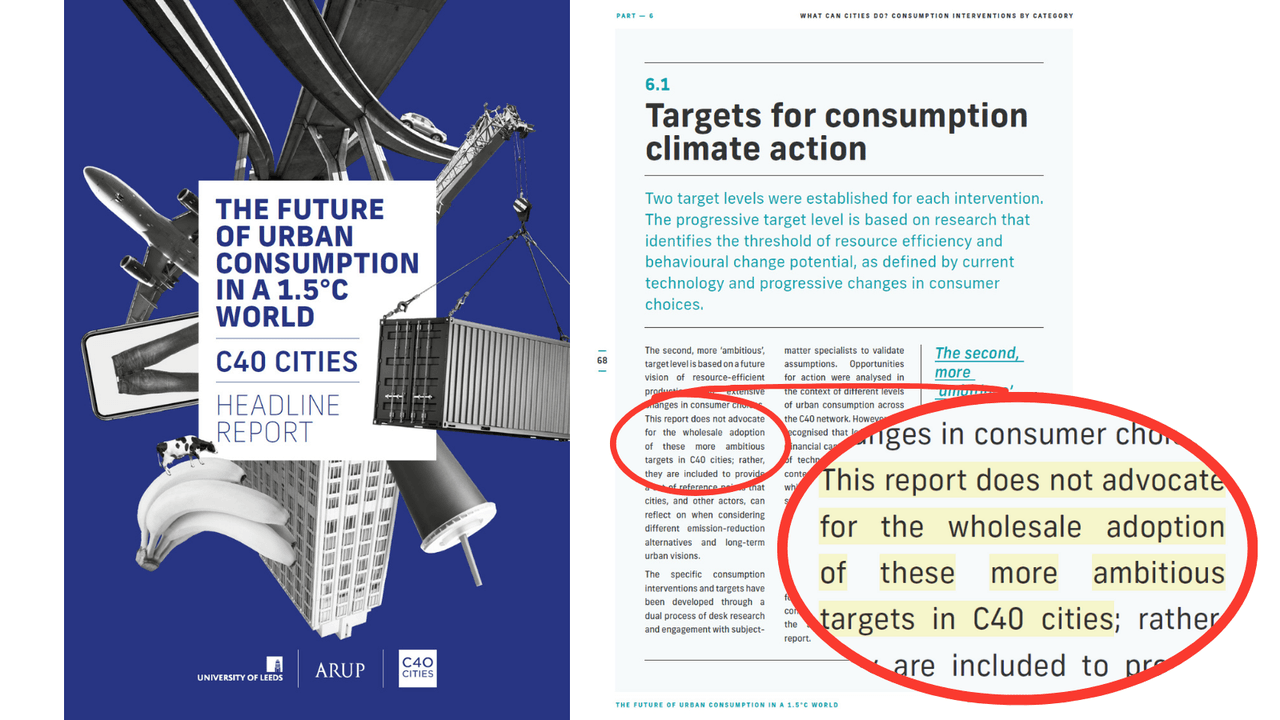
“This report does not advocate for the wholesale adoption of these more ambitious targets in C40 cities; rather, they are included to provide a set of reference points that cities, and other actors, can reflect on when considering different emission-reduction alternatives and long-term urban visions.”
The targets are listed in categories such as food, clothing, private transport and aviation, and include, by 2030: 0kg meat consumption and 0kg dairy consumption (p78); three new clothing items per person per year (p82); zero private vehicles (p86); one short-haul return flight (less than 1500km) every three years per person (p90).
As the report makes clear, C40 doesn't advocate for the wholesale adoption of the targets.
The organisation told AAP FactCheck that claims that cities have committed to the measures are shared on social media networks every couple of months in a different part of the world.
“The report is a generic analysis of consumption-based emissions, not looking at any specific C40 city,” a C40 representative told AAP FactCheck.
“It’s not a plan for cities to adopt. It’s up to individuals to make their personal lifestyle choices.”
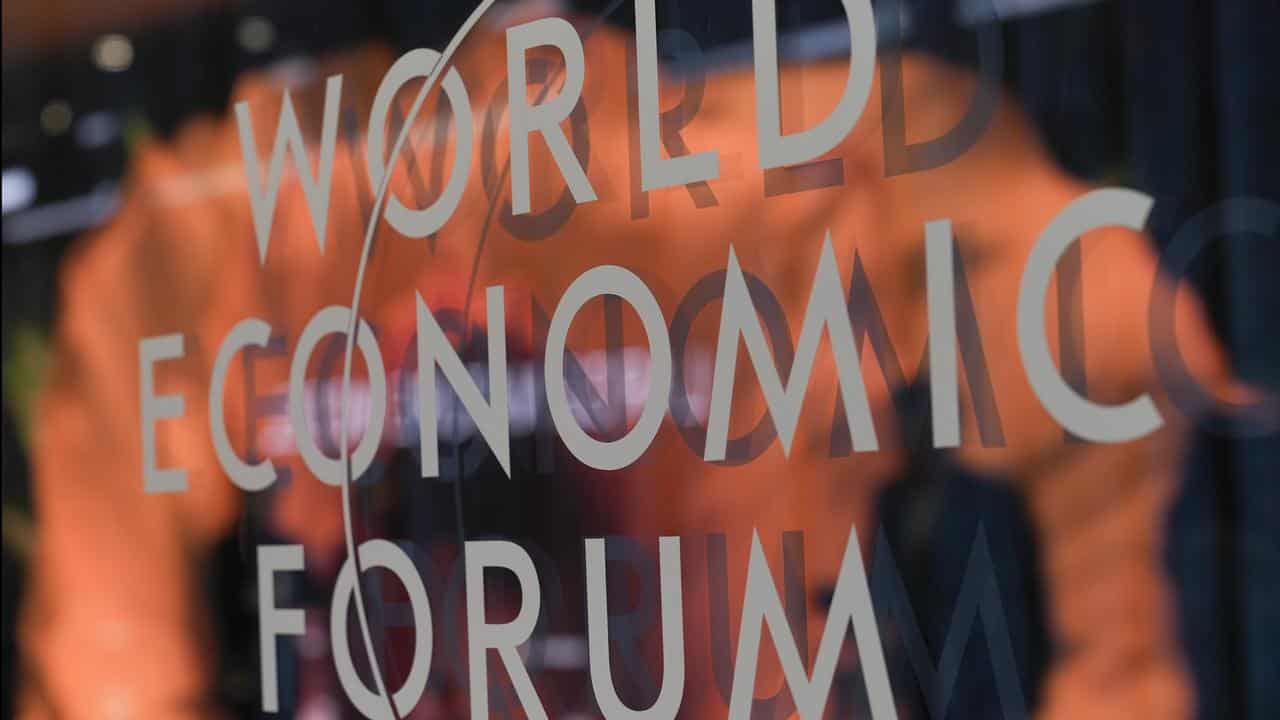
The report was not funded by the World Economic Forum (WEF) and nor is the organisation listed among the C40 funders.
The WEF’s claimed involvement in the conspiracy has been tracked to a report in The People’s Voice, a website whose stories AAP FactCheck has debunked previously.
The article in question does not provide any evidence to support the claim that this is a “WEF treaty”.
A City of Melbourne spokesperson confirmed C40 membership does not require cities to adopt specific targets like those in the report, which is guidance only.
He said the council’s currently endorsed climate plans do not focus on food, clothing or aviation specifically.
The council’s climate action commitments are listed on its website.
AAP FactCheck contacted Sydney and Auckland councils, but didn’t receive a response before publishing.
Older versions of the claim have been fact-checked and debunked by Reuters and the Germany-based DW.
The profile of the C40 network's 2019 report has been raised by Canadian psychologist Jordan Peterson, who spoke about it on a podcast which is now being shared in a Facebook reel.
The Verdict
False – The claim is inaccurate.
AAP FactCheck is an accredited member of the International Fact-Checking Network. To keep up with our latest fact checks, follow us on Facebook, Twitter and Instagram.
